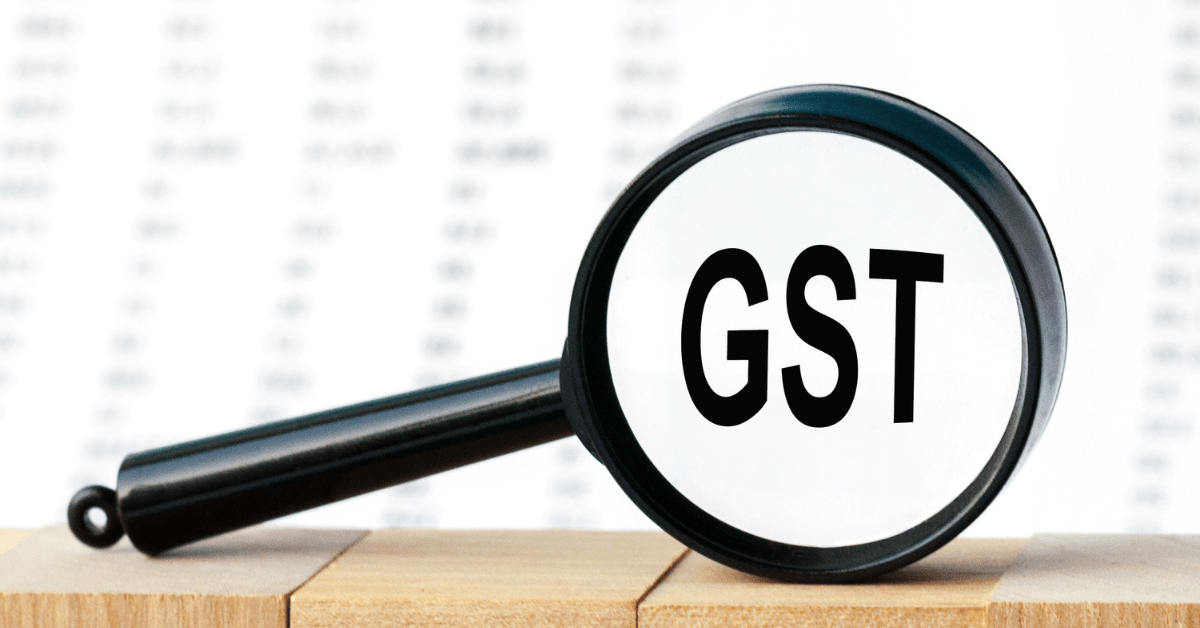
In this blog, let us discuss about the Goods and Services Tax (GST) when you purchase a residential property anywhere across India.
What is GST?
Goods and Services Tax (GST) is an indirect tax on the supply of goods and services. It is a comprehensive, multi-stage, destination-based tax. GST is comprehensive because it has subsumed almost all the indirect taxes such as Service Tax, VAT, Excise Duty, Central Sales Tax, Entertainment Tax, Luxury Tax, Entry Tax, etc levied by the Union and State Governments. GST is multi-stage because it is imposed at every step in the production process, but GST can be claimed as input credit by all parties involved in the production process other than the final consumer. GST is a destination-based tax because it is collected from point of consumption and not the point of origin like previous indirect taxes.
In India, Goods and Services Tax (GST) came into effect on July 1, 2017, through the implementation of the 101st Amendment of the Constitution of India by the Indian government. The tax rates, rules and regulations are governed by the GST Council which consists of the finance ministers of the Union Government and all the States.
The current GST structure has five different tax slabs for the collection of tax: 0%, 5%, 12%, 18%, and 28%. However, petroleum products, alcoholic drinks, and electricity are not taxed under GST and instead are taxed separately by the respective State Governments, as per the previous tax system. There is a special rate of 0.25% on rough, precious and semi-precious stones and 3% on gold.
GST on Residential Plots:
The land is an immovable property. The sale of land is neither a supply of goods nor a supply of services. If the sale of land involves just the transfer of ownership, then it does NOT attract GST as per Schedule III of the Goods and Services Tax Act 2017. The sale of land attracts only Stamp Duty levied by the respective State Governments along with Registration Charges.
However, the Central Board of Indirect Taxes and Customs (CBIC) clarified through a notification on August 3, 2022, that GST is applicable for the services rendered by the Developer for laying of roads, laying of drainage pipelines, laying of electricity cables, setting-up of sub-stations, leveling of land, developing amenities such as clubhouse, etc at applicable rates.
Therefore, when you buy a plot from a plotted development, GST is applicable on the amount which a developer is charging for providing additional services and common amenities.
GST on Residential Flats / Villas:
Before the era of Goods and Services Tax (GST), homebuyers were charged with Service Tax and Value Added Tax (VAT) at the time of purchasing an under-construction property. While Service Tax was levied by the Government of India, VAT was levied by the respective State Government.
Both taxes were applicable to under-construction properties where the builder has not received a “completion certificate” from the competent authorities. However, there would be no levy of service tax or VAT if the homebuyer buys a property after the builder obtained a “completion certificate”. The onus of collecting and remitting service tax and VAT from the homebuyer and depositing with the concerned authority rests with the builder.
With the implementation of the GST Act that came into effect on 1st July 2017, homebuyers buying an under-construction apartment are liable to pay GST at a specified rate on the property value. Completed projects i.e., those projects that have received their completion certificate from a competent authority are not liable to pay GST. The developers were mandated to charge GST from the homebuyers for the purchase of an under-construction property and in turn, pay the GST to the Government of India.
Before March 31, 2019, the GST rate for an under-construction property under the “other than affordable housing projects” category was 12% with an input tax credit (ITC) and for an under-construction property under the “affordable housing projects” category was 8% with an ITC.
The Government of India expected that the cascading benefit of an input tax credit would be passed on to the homebuyers. However, some developers were profiteering by not passing this cascading benefit to the homebuyers. Homebuyers were feeling the heat of paying more than 20% of the property cost as Government taxes and levies.
This forced the Government of India to modify GST rates and input credit. From April 1, 2019, the GST rate for an under-construction property under the “other than affordable housing projects” category was 5% with NO ITC and for an under-construction property under the “affordable housing projects” category was 1% with NO ITC.
GST on Corpus Fund:
Contributions made by homeowners of a cooperative housing society (CHS) towards a sinking fund meant for the future upkeep of the society will be subject to the goods and services tax (GST).
The Authority for Advance Ruling (Karnataka) has held that contribution made by the homeowners of a housing society or residents welfare association towards the corpus fund (also termed as sinking fund) is not a “deposit”, but in fact, an “advance” collected from the homeowners for future upkeep and maintenance works of the society. Thus, the sinking fund shall attract 18% GST.
However, one can avail of exemption of GST for the value of supply up to an amount of ₹ 7,500/ – per month per member. In case the maintenance charges or the contributions to the sinking fund exceed Rs.7,500/ – per month per member, the entire amount is taxable.
GST on Other Charges:
The Authority for Advance Ruling (Maharashtra) has held that the charges collected by real estate developers for other than construction services, such as the development of clubhouse, amenities, utilities, and facilities, shall attract 18% GST provided these charges do not form a part of the total sale consideration for the purpose of stamp duty calculation.
If the development of amenities, utilities, and facilities are considered as a part of total sale consideration for the purpose of stamp duty calculation, then the same shall be considered as a composite supply of works contract and thus the same shall attract an effective rate of GST (5% GST for on other than affordable housing).




